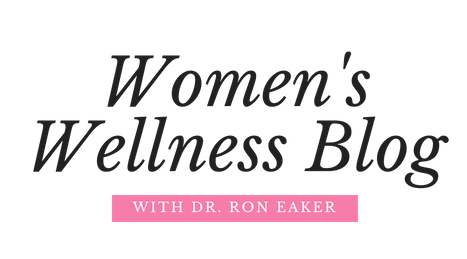The worn out paradigm of aging as simply a time when our knees buckle and our belts won’t is rapidly and mercifully dieing. Some scientists estimate that of all the human beings that have ever lived to be sixty-five or older, half are currently alive today! The seventy-five and older age group is the fastest growing segment of our population. These are folks who are not satisfied with the status quo. They are not happy to go gently into that good night. We (and I must include my rapidly aging self) want to grow old with gusto. We want to
come to the end of life with nothing left, knowing we expended every waking moment in a purposeful embrace of the miracles around us. We want to age without becoming aged!
In 1984 the MacArthur Foundation sponsored a study that assembled a group of scholars from several major disciplines to conduct long term research designed to discover what constitutes “successful aging”. They studied those folks who remained vigorous well into their seventh and eighth decades, and then experienced a “compression of morbidity”. In other words, they lived to the max and then had a rapid demise.
One of their key points was that there was not a way to prevent aging or reverse the aging process. Human’s will always age, that is a given of biological and cellular processes. The whole industry of “anti-aging” potions, pills and pundits is a misnomer; there is nothing that will stop aging. The key, and what they wanted to discover, is how some individuals age without the ensuing (some would say inevitable) “falling apart”. We tend to think of this as aging gracefully, yet I believe that is much too passive. We must, as the study found, take an active role in doing some things and avoid doing other things.
So what did these scientists conclude? They discovered that successful aging involved three major components: a low risk of disease and disease related disability, high physical and mental function, and active engagement with life. It was noted that these were by nature interrelated, yet each provided and independent variable that could be controlled. They further defined active engagement as having relationships with people and behavior that is productive. They were quick to point out that successful aging is largely a result of individual choices and behaviors and not genetics.
The researchers discovered many specific characteristics of people who “aged well”, and I want to summarize just a few of the most important behaviors they ascertained. For a more thorough reading of their findings I refer you to the book Successful Aging by Dr.John Rowe and Dr.Robert Kahn.
Here are my top ten keys to successful aging culled from the MacArthur Study and my own research.
1. Exercise. Whether you are 10 or 100, exercise is the key to getting and staying healthy. Surprisingly the studies indicate that only a minimum of exercise (20-30minutes a day) can have a marked effect in lowering your risk of a number of diseases such as cancer, diabetes, and hypertension.
2. Get regular check ups. One of the secrets to successful aging is either preventing risk factors or identifying problems very early. Both of these tasks are facilitated by regular exams.
3. Stay current on routine screenings. Somewhat linked to regular checkups, availing yourself of things like mammograms, Pap smears, prostate exams, colonoscopies, bone densities, and blood screenings can be a lifesaver and allow you to enjoy a disease free old age.
4. Don’t smoke. Enough said. You would have to be a total fool to not realize the damage that this does to your system.
5. Take an aspirin a day. The evidence is mounting that a 61 mg aspirin a day can reduce the incidence of heart disease, stroke and colon cancer, especially in older folks. Remember that some people should not take aspirin, so check with your doctor before starting something new.
6. Get appropriate vaccines. For older folks the pneumonia and flu vaccines are important as these infections are responsible for thousands of deaths every year in people over 65.
7. Eat fewer total calories. The studies are conclusive that decreasing your total calorie intake is associated with lower rates of disease and longer lives. Specifically try to increase the protein and reduce the fat, but keeping the overall amount of calories lower is the most important guideline.
8. Develop social networks. As the song goes, people who need people are the happiest (and healthiest) people. An expanding network of family, friends, church membership, and social activities have all been associated with longer, less sickly aging.
9. Stay mentally engaged. Retire only if you must and if you must, find something else to keep you mentally active and challenged.
10. Be continually productive. By that I mean participate in either voluntary or paid activities that generate goods or services of economic value. That is a broad calling, but studies indicate that those who continue to find purpose, find health.
Remember, the goal is not just to live long, but to live long and well!













